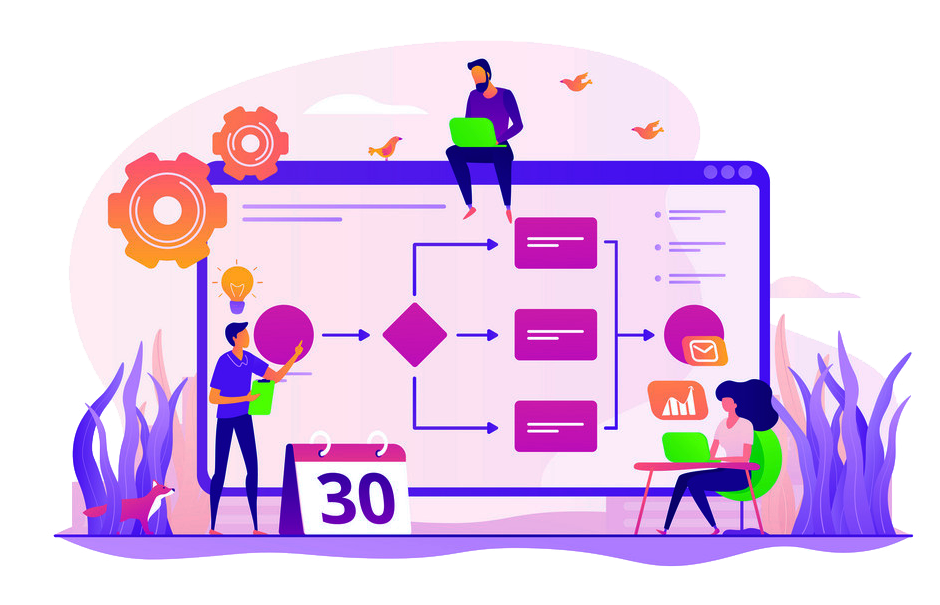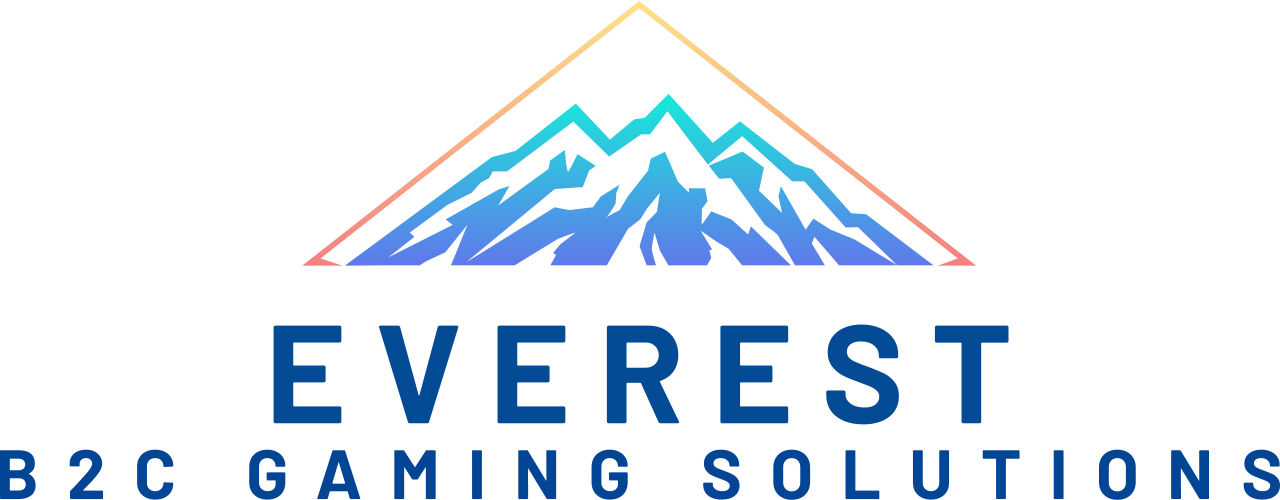Knowledge > What are the requirements for building an iGaming platform
What are the requirements for building an iGaming platform?

Building an iGaming platform requires careful planning, technical expertise, and compliance with legal and regulatory requirements. Here are the key requirements you need to consider when building an iGaming platform:
- Business Plan: Start by developing a comprehensive business plan outlining your goals, target audience, revenue model, marketing strategy, and budget for building and operating the iGaming platform.
- Licensing and Legal Compliance: Obtain the necessary licenses and permits to operate legally in the jurisdictions you plan to target. The requirements vary from one country or region to another, and compliance is critical to avoid legal issues.
- Gaming Software: Choose a reliable and feature-rich iGaming software provider or develop custom gaming software in-house. The software should support various games such as slots, poker, roulette, blackjack, etc., and offer seamless integration with other essential components.
- Payment Integration: Integrate secure and reliable payment gateways to allow players to deposit and withdraw funds easily. Ensure compliance with the Payment Card Industry Data Security Standard (PCI DSS) to protect sensitive financial data.
- Player Account Management: Implement a robust player account management system that allows users to create accounts, manage their profiles, track gameplay, and handle financial transactions.
- Game Content: Acquire or develop high-quality game content from reputable game developers to offer a diverse and engaging gaming experience to your players.
- Random Number Generator (RNG): Incorporate a certified RNG to ensure fair gameplay and random outcomes for all games.
- Security Measures: Implement strong security measures, including SSL encryption, two-factor authentication, and regular security audits to safeguard player data and prevent fraudulent activities.
- Responsible Gaming Features: Incorporate responsible gaming tools such as deposit limits, self-exclusion options, and reality checks to promote safe and responsible gambling.
- Mobile Compatibility: Design the platform to be mobile-friendly, as many players prefer to access iGaming services on their smartphones and tablets.
- Customer Support: Set up a responsive and knowledgeable customer support team to assist players with their inquiries and concerns.
- Marketing and Promotions: Develop a marketing strategy to attract players to your platform. Consider offering welcome bonuses, promotions, and loyalty programs to incentivize player engagement.
- Analytics and Reporting: Implement analytics tools to track user behavior, game performance, and other key metrics to make data-driven decisions and optimize your platform’s performance.
- Testing and QA: Conduct thorough testing and quality assurance (QA) to identify and resolve bugs and issues before launching the platform.
- Scalability and Performance: Ensure that your iGaming platform is scalable and can handle increased traffic and player demand as your user base grows.
Building an iGaming platform is a complex undertaking that requires a skilled development team, legal expertise, and a solid understanding of the gaming industry. Partnering with experienced software providers or development companies can significantly streamline the process and increase the chances of success. Always prioritize security, player experience, and regulatory compliance to build a reputable and successful iGaming platform.
